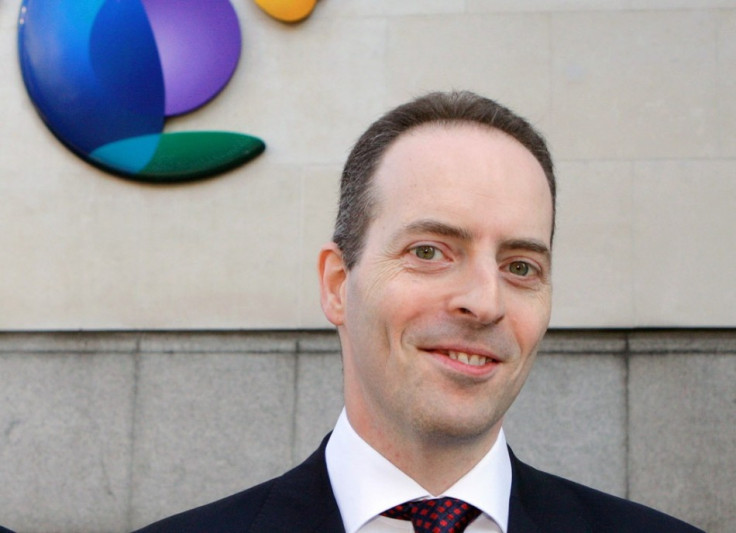US Drones' Yemen Deaths: Was Lord Livingston Linked to BT Fibre-Optics Deal?

Lord Livingston, former CEO of BT, is at the centre of a row over the company's involvement in America's secret military drone war, which has killed hundreds of civilians in Yemen.
Livingston was the head of BT when the telecoms firm won a contract with the US Defense Information Systems Agency (DISA) in September 2012.
The contract was to provide fibre-optics communication cables between RAF Croughton, a US communications station military base in Northamptonshire, and Camp Lemonnier in Djibouti, the US headquarters in Africa from which the unmanned drones are dispatched.
It is believed that the US base in the UK sent crucial data to Camp Lemonnier using the communications cable, which facilitated the drone attacks on civilians in Yemen.
Livingston left BT in December to start a high-profile trade job in the Department of Business, Innovation and Skills (BIS) – the same government department which investigated the BT deal with the US military.
The complaint was rejected twice.
BT denial
Legal charity Reprieve discovered the contract in early 2013 and contacted BT. The charity said it did not receive a satisfactory response, and neither did journalists investigating the deal.
BT told Computerweekly in July 2013: "We are a telecommunications company. We connect lots of organisations. What they do with it is their concern rather than ours."
Vice was told by BT that it was perfectly "comfortable having the US government as a client".
Reprieve filed a complaint with the Organisation for Economic Cooperation and Development's unit charged with setting guidelines for multinational corporations about business and human rights.
The OECD is based at the BIS headquarters - the same department where Livingston works and which rejected Reprieve's complaint twice in 2013. The conclusions published on the BIS website state that Reprieve failed to prove BT had been supporting drone missions.
BT told OECD investigators it was "not party to information about [the communication links'] exact use" but denied that the cable was linked to drone strikes.
Reprieve Sceptical
The government responded: "Given his previous role at BT, Lord Livingston has no ministerial responsibility for telecoms, which is dealt with by the Department for Culture, Media and Sport. Lord Livingston declared his interests in full from the outset to avoid any conflicts of interest."
"We've had no indication that Ian Livingston has interfered in the investigation [into the BT deal] but it's a worry that he's in the same part of the government as the bit that has had the complaint," Reprieve's head of communications Donald Campbell told IBTimes UK.
"We still don't think we've had satisfactory responses. The body that dealt with the complaint hasn't done an effective job and doesn't seem able to do so. This is definitely an issue we will keep pursuing."
© Copyright IBTimes 2025. All rights reserved.




















